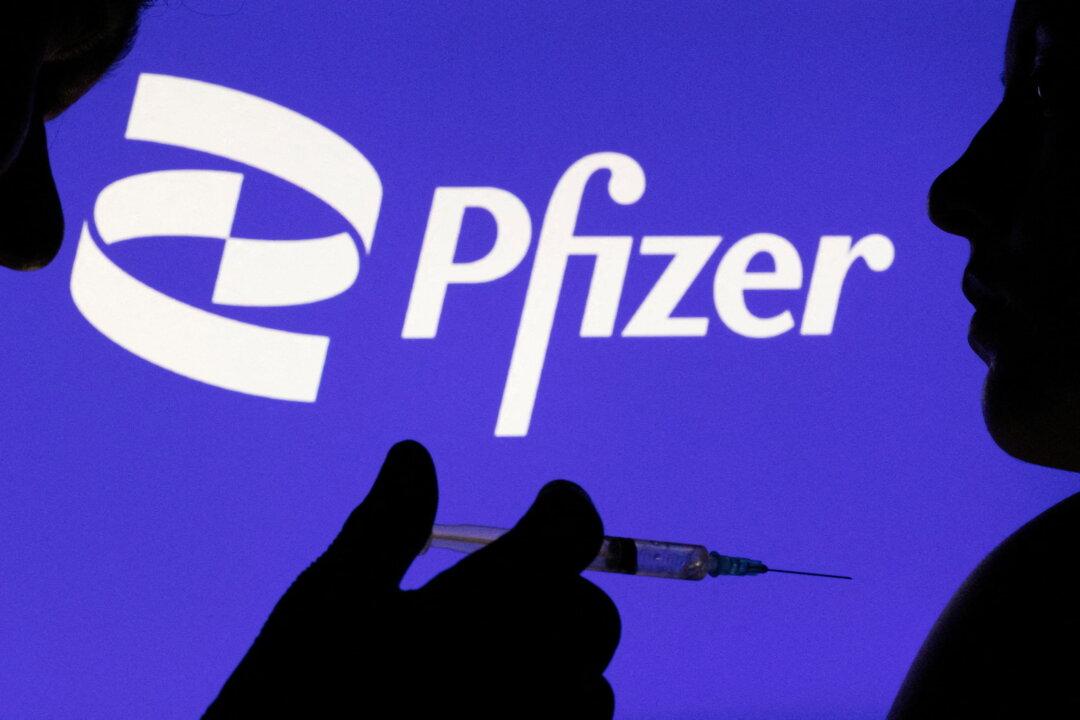An advisory committee to the Centers for Disease Control and Prevention (CDC) on June 21 voted to recommend that adults aged 65 and over receive one of the newly approved vaccines for respiratory syncytial virus (RSV).
The CDC’s Advisory Committee on Immunization Practices voted 9–5 in favor of recommending two different RSV vaccines—GlaxoSmithKline (GSK) and Pfizer’s RSV shots—taken in a single dose, for people aged 65 and older following “shared decision-making” between doctors and patients.




